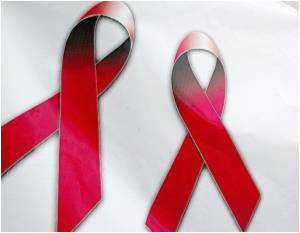AIDS-combating antiretroviral drug combinations administered to pregnant and breastfeeding women in Botswana, Africa, helped prevent 99 percent of mothers from transmitting infection.

"This is the lowest rate of mother-to-child transmission recorded in a study from Africa, or among breastfeeding infants," said lead author Roger Shapiro, Associate Professor of Medicine at Harvard Medical School and Harvard School of Public Health.
The mother-to-child transmission rate in the study was 1.1 percent when the infants were breastfed to age 6 months.
"Previous interventions using shorter or less comprehensive drug treatment regimens have been unable to get rates below 5 percent, and without any intervention, the infection rate would be at least 25 percent by 6 months," said Shapiro.
The study was also the first randomized clinical trial to compare highly active antiretroviral therapy (HAART) regimens used during pregnancy or breastfeeding.
The article appears in the June 17 edition of The New England Journal of Medicine.
Advertisement













